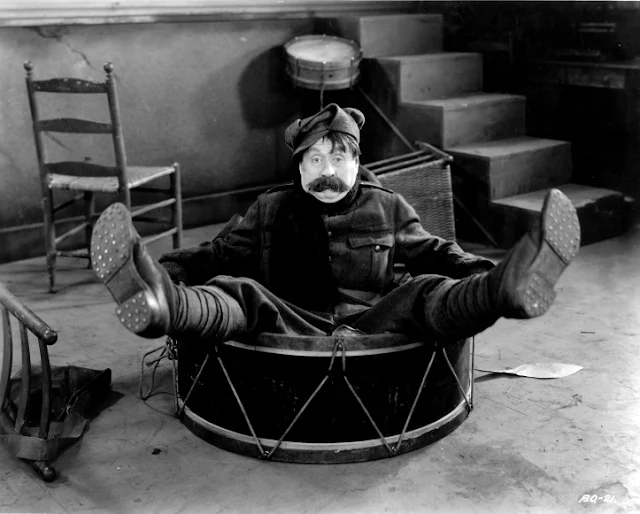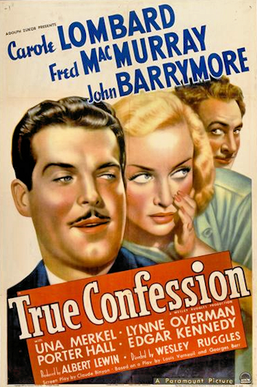
Cast: Dick Powell, Linda Darnell, Jack Oakie, Edgar Kennedy, John Philliber, George Cleveland, Sig Ruman, George Chandler, Eddie Acuff, Edward Brophy, Paul Guilfoyle. Screenplay: Dudley Nichols, René Clair, based on a story by Hugh Wedlock Jr. and Howard Snyder, and a play by Lord Dunsany. Cinematography: Archie Stout. Art direction: Ernö Metzner. Film editing: Fred Pressburger. Music: Robert Stoltz.
It Happened Tomorrow is a screwball romantic comedy fantasy about a newspaperman (Dick Powell) who magically receives a copy of the next day's edition of the paper. This enables him to land some scoops that advance his career, make a small fortune at the race track, and win the hand of the assistant (Linda Darnell) to a vaudeville fortune teller (Jack Oakie). But then he gets a copy of the paper that predicts his death. The feathery direction of René Clair keeps this nonsense aloft, despite the tendency of some of the supporting players like Oakie and Edgar Kennedy to try to steal every scene they're in. It also has a slightly clumsy frame that turns the movie into a flashback from the 50th wedding anniversary of Powell's and Darnell's characters, cuing us into the fact that he doesn't die. Setting the film in the 1890s was probably a way to avoid any mention of the war going on when It Happened Tomorrow was made.

